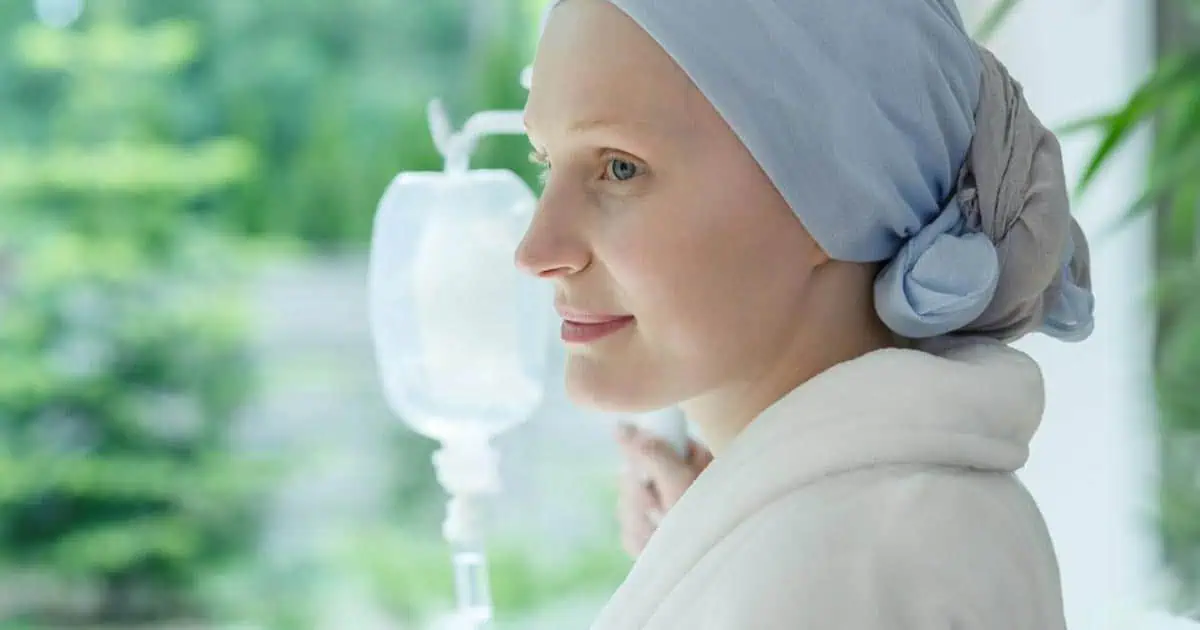Scientists have just announced a stunning breakthrough in oncology after a groundbreaking cancer protocol, using a simple course of repurposed drugs and nutrients, has left a man completely cancer-free.
Amazingly, the patient had been diagnosed with incurable stage 4 prostate cancer.
Jeffrey Kramer, a retired attorney from Ohio, was told by doctors that his aggressive, metastasized prostate cancer could only be “managed,” not cured.
Standard treatment meant hormone suppression drugs with devastating side effects, including rapid bone loss and a sharp decline in quality of life.
But Kramer refused to accept a death sentence.
Instead, he turned to an emerging treatment known as the Hybrid Orthomolecular Protocol.
The protocol is a 15-week program combining a therapeutic ketogenic diet, high-dose vitamin C infusions, moderate exercise, and the repurposed drugs ivermectin and fenbendazole.
Unlike conventional chemotherapy, Kramer experienced no side effects.
Just two weeks after completing the protocol, scans revealed he was cancer-free.
The Protocol Big Pharma Wants to Ignore
The Hybrid Orthomolecular Protocol was first published in the peer-reviewed Journal of Orthomolecular Medicine in late 2024.
Sixteen oncologists and researchers worldwide contributed, citing more than 200 studies supporting the safety and effectiveness of the protocol’s components.
The treatment plan includes:
- A ketogenic diet that is low in carbs but high in fats and proteins.
- Moderate exercise several times per week.
- High-dose vitamin C delivered by IV.
- Daily use of ivermectin and fenbendazole at proven safe levels.
- Supporting supplements: vitamin D, vitamin K2, zinc, magnesium, and potassium.
The science centers on disrupting cancer’s mitochondrial-stem cell connection, starving tumors of the energy they need to grow while triggering immune responses that eliminate malignant cells.
The Results
Kramer’s case stunned doctors.
His PET scan showed no evidence of cancer anywhere in his body, not in his bones, spine, lymph nodes, or organs.
The total cost of the treatment was less than $20,000.
By comparison, a single month of conventional cancer “management” drugs from Big Pharma can cost the same or more, without offering a cure.
“This was a Godsend,” Kramer said, after beating what he was told was an untreatable disease.
A Threat to the Cancer Industry
Perhaps most telling, doctors who helped design the protocol admitted they could not formally treat patients with it in the U.S. because the Food and Drug Administration (FDA) had not approved it for trials.
After carefully reading that report in the Journal of Orthomolecular Medicine, Kramer contacted three of the U.S./Canadian doctors who were co-authors of the protocol, but they explained that they could not provide assistance without risking discipline.
The process for FDA approval can take 10–20 years.
With no profit motive for pharmaceutical companies, there is no push to accelerate approval.
Instead, Kramer reached out to Pierrick Martinez, of the Association Cancer et Métabolisme in Nimes, France, a medical researcher and lead author of the protocol.
Martinez agreed to provide “long-distance assistance” and supervised administering the entire 15-week protocol.
He also coordinated with the nurse practitioner who administered the megadose vitamin C intravenous infusions that were one part of the protocol.
A licensed nutritionist at a Cleveland Clinic oncology center in Mansfield, Ohio, was consulted for advice on how to implement the therapeutic ketogenic diet that was another part of the protocol.
The findings raise an uncomfortable question: if safe, low-cost drugs like ivermectin and fenbendazole can help wipe out advanced cancer, how many lives have been cut short because these therapies are being ignored or suppressed?
In 2023 alone, more than 613,000 Americans died from cancer, according to the CDC.
That number is climbing.
With projections showing over 618,000 deaths this year, the need for effective new approaches could not be more urgent.
The Hybrid Orthomolecular Protocol was not designed specifically for prostate cancer, but for cancers in general, meaning its potential reach is enormous.
Experts are now calling for immediate fast-tracked trials and emergency access for patients with late-stage cancers who have run out of options.
If Big Pharma won’t fund it, then independent institutions, or even government health bodies, must act.
The time to ask questions has passed.
The evidence is here.
Cancer patients deserve the chance to try a therapy that has already saved at least one life.
READ MORE – Top Oncologist Sounds Alarm, Links Covid ‘Boosters’ to Deadly Turbo Cancer Surge

Our comment section is restricted to members of the Slay News community only.
To join, create a free account HERE.
If you are already a member, log in HERE.